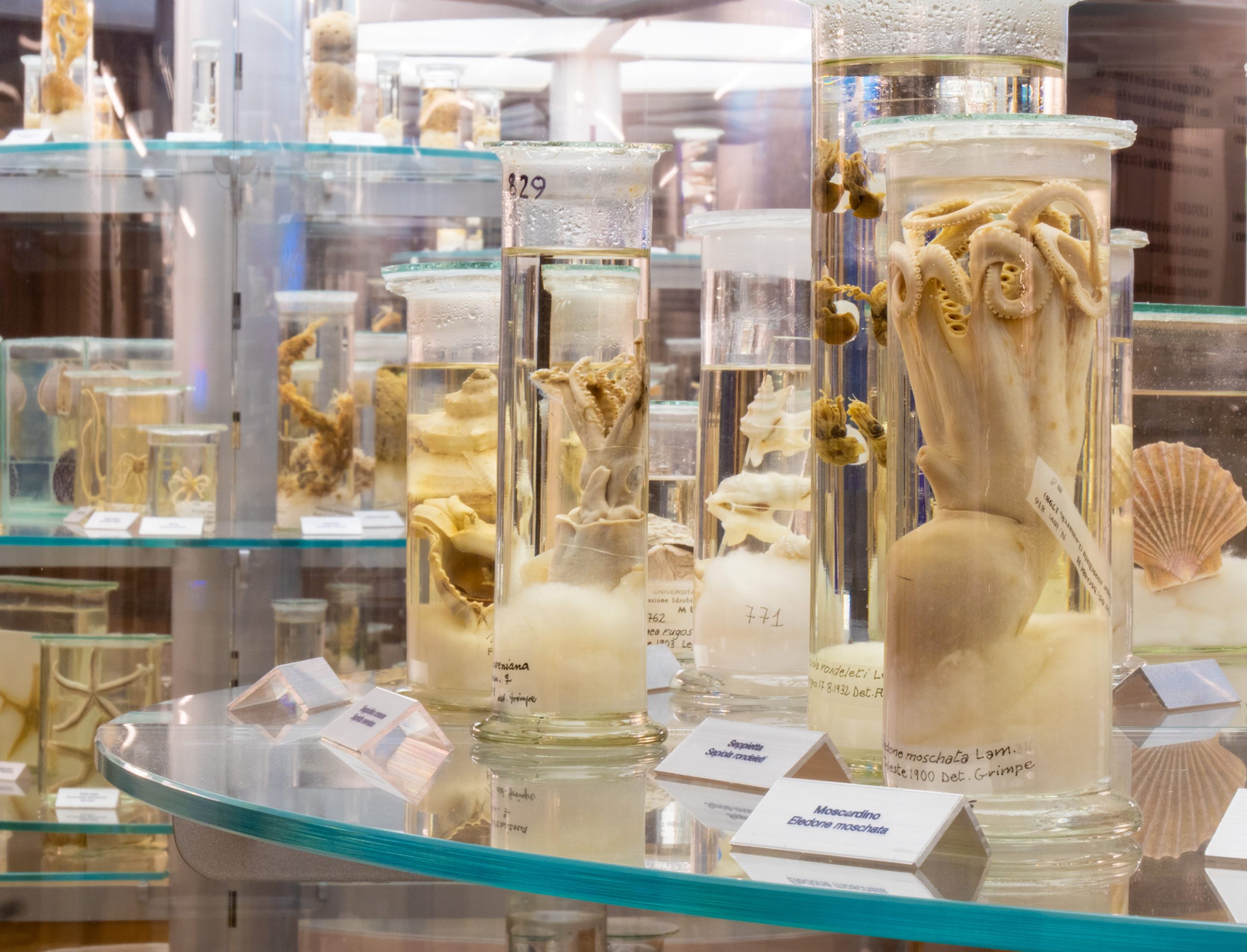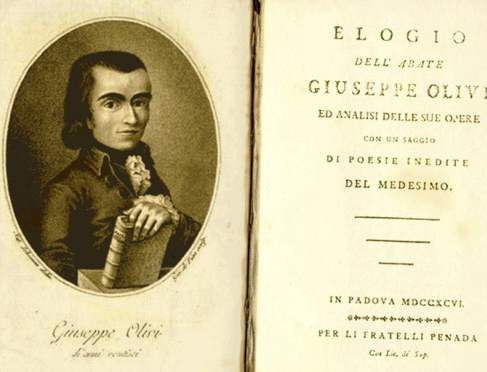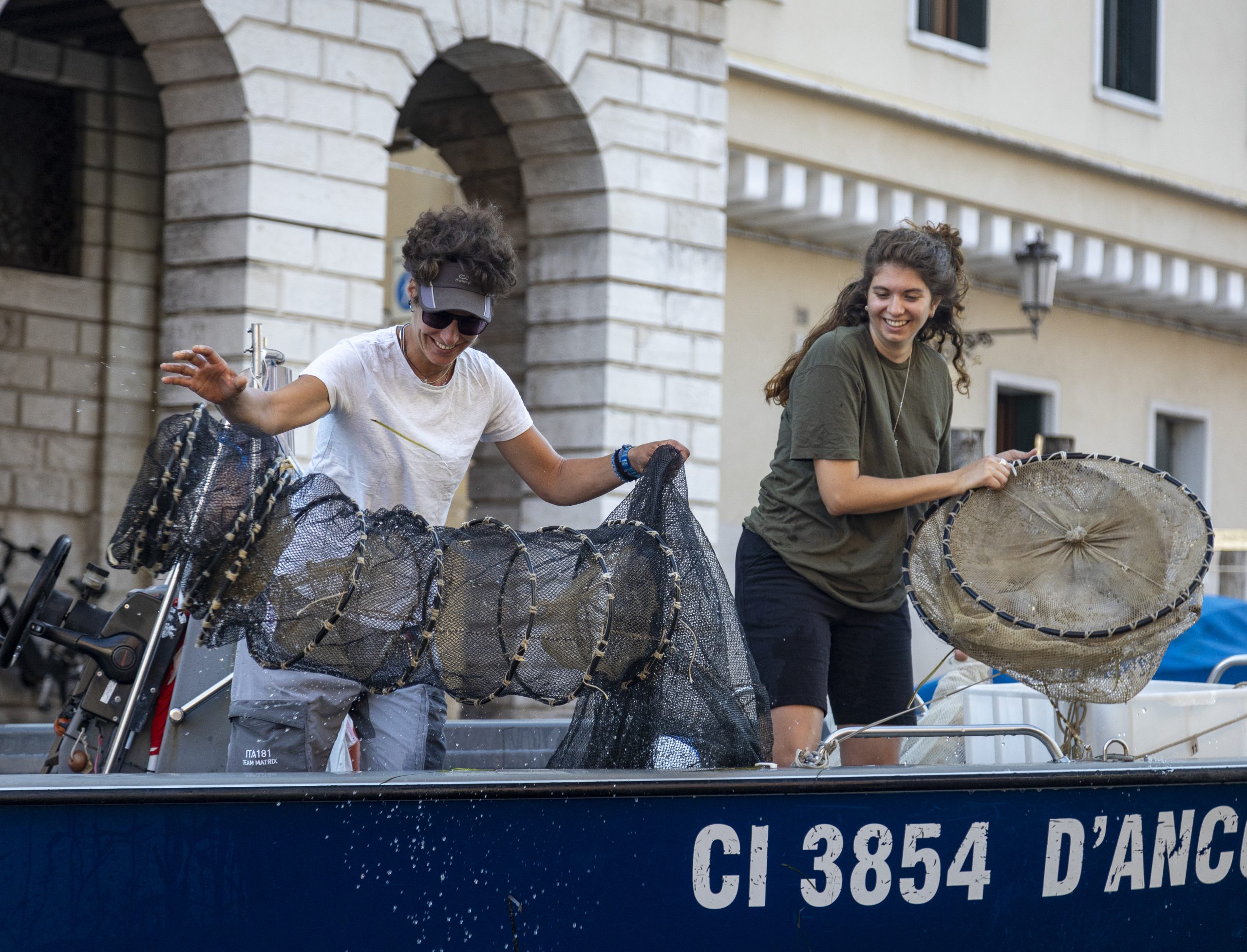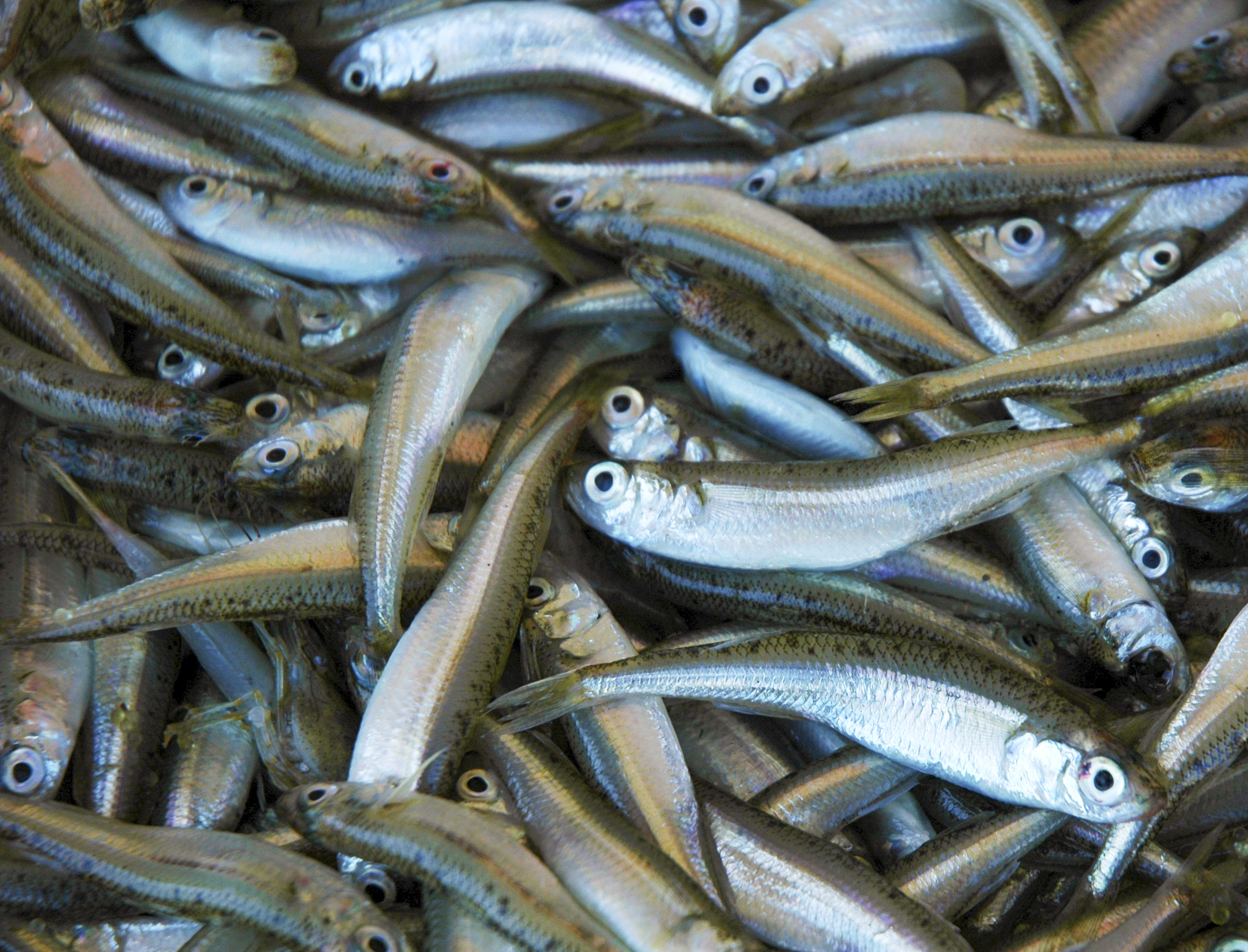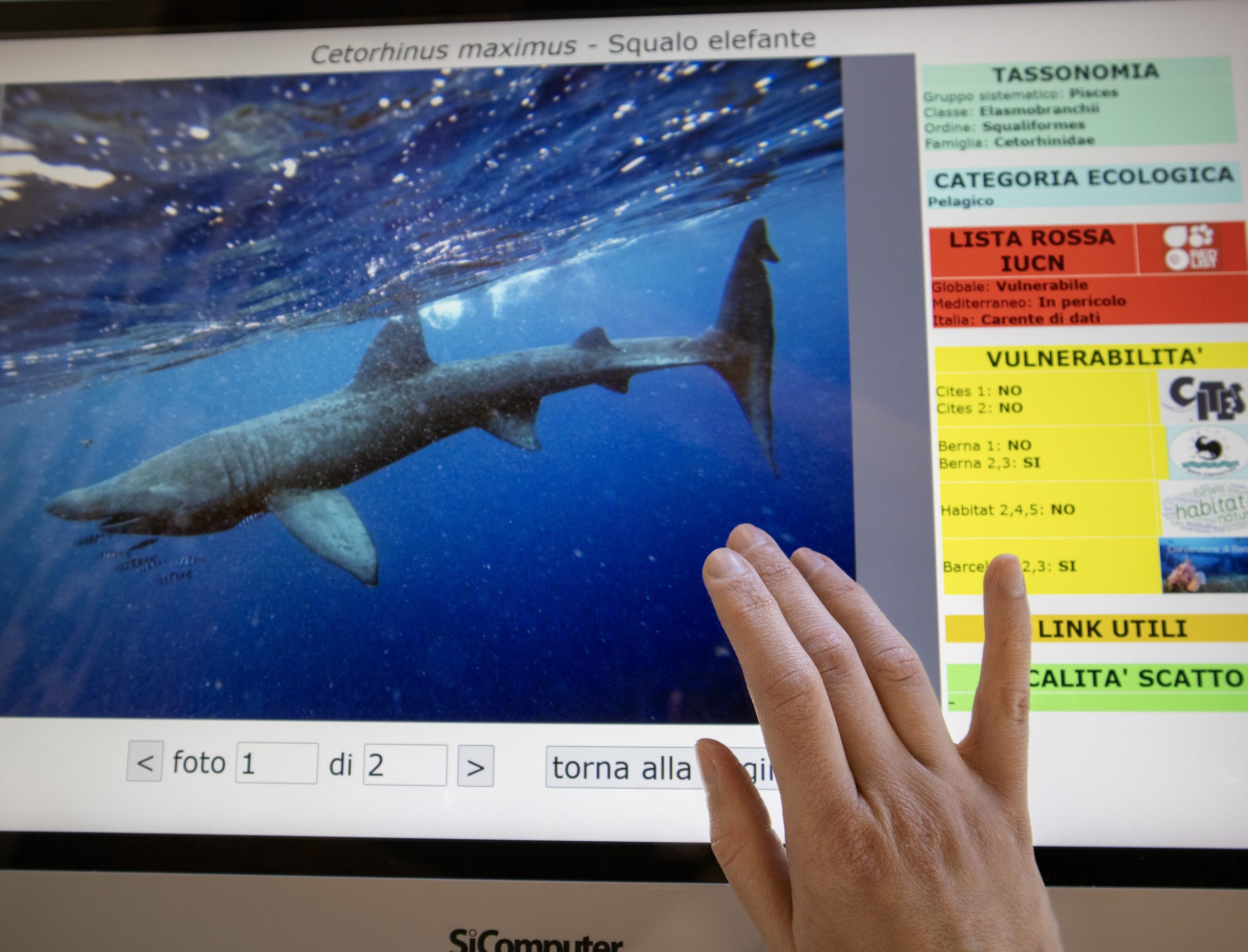Born in Chioggia in 1769, he was one of the most brilliant Italian naturalists of the eighteenth century and one of the founders of the modern concept of zoology. What distinguished him from his contemporaries was his ability to look at this discipline in an innovative way, also considering the ecological and economic aspects related to different organisms. In 1792 his masterpiece, Zoologia Adriatica ossia Catalogo ragionato degli animali del golfo e delle lagune di Venezia, was published, a fundamental work and a point of reference for naturalists throughout Europe and still a model for those who want to deal with marine animals.
In addition to marine biology, Olivi dealt with chemistry, mineralogy, botany and agriculture with the intent, also in these fields, to highlight the applicative aspects. He was a member of numerous Italian and European scientific academies, including the Academy of Science, Letters and Arts of Padua and the Italian Society of the Forty. He died very young, at only 26 years old, in 1795.
The choice to dedicate this Museum to his illustrious name is designed to underline the centuries-old and ancient bond between Chioggia and the University of Padua, aimed at the study and protection of the Adriatic ecosystem.

